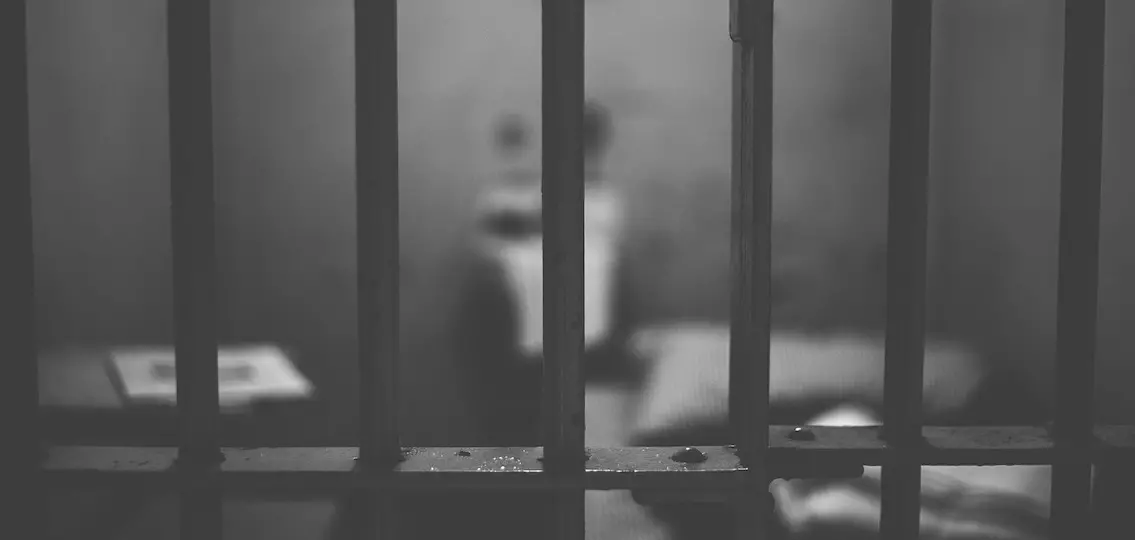This article is part of a series of articles about children whose parents are in prison.
It’s estimated that more than 5 million American children have experienced the incarceration of a parent. About a third of those will turn 18 years old before their parents are released from prison.
Kids of incarcerated parents face many challenges. They may have moved homes, changed schools, been separated from siblings, or lost contact with relatives. Many teens will have feelings of shame about their parents’ crimes and their incarceration. And they may also feel isolated from others.
Caregivers may be important sources of support and stability for youth with parents in prison. When dads are incarcerated, kids most often live with their mothers. But when mothers are incarcerated, many kids face disruptions in their caregiving environments and may be placed with a grandparent or another relative.
As is the case for all adolescents, caregivers provide a crucial context for development. The quality of the adolescent-caregiver relationship and the ability of the caregiver to provide supervision and support likely depends on their history, as well as on the family’s resources. For example, a grandmother who already has a good relationship with her grandchild before Mom goes to prison will have a head start in establishing a good caregiving relationship. The caregiver’s consistency and dependability also matter, as do her psychological health and tangible resources like money, housing, and transportation.
It is common for caregivers to experience many risks and a lot of stress. Many caregivers are single parents with limited financial resources, employment instability, and poor mental health. Combined, these risk factors can compromise youth’s living environment, their relationships with caregivers and others, and their adjustment during the parent’s incarceration.
Compared to younger kids, teens have the capacity to understand the basic facts about their parent’s incarceration. They may have witnessed and remember their parent’s crimes. They may have details about their parent’s trial and sentence. And they may be acutely aware of how their parent’s incarceration has impacted their family.
Compared to younger kids, teens also have more capacity to process their feelings about their parent. They also have the language skills and cognitive capacities to express their feelings about whom they live with or how they interact with their incarcerated parent. This can be challenging because some teens may want to see or talk to their incarcerated parent. But maintaining contact can be difficult depending on the location of the prison, cost of travel, or telephone calls, and conflicted family relationships.
In my research with children who had an incarcerated parent, we found that caregivers often acted as “gatekeepers”. They’d often control when and under what circumstances the kids could talk to their incarcerated parents. It was common, though, for teens to find a way to get around their caregivers. They often made contact through another family member.
Even when teens can visit, though, it can be a difficult experience. Many correctional facilities have strict rules about hugging or touching an inmate. Some facilities only allow visits to take place through Plexiglas or a video monitor. This can be hard for kids of any age.
Ultimately, teens with incarcerated parents may face many risk factors. But with the help of consistent and supportive adults, and through opportunities to maintain their relationship with their incarcerated parent, they can thrive.
Read first hand accounts of teens whose parents are in prison here.




